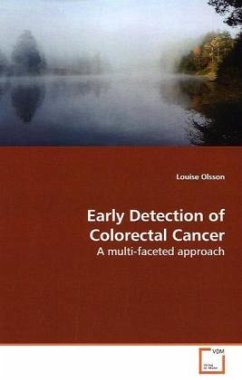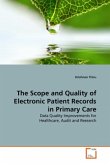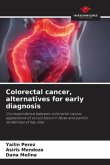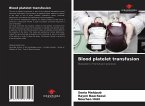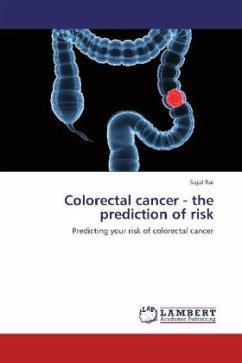Early detection of colorectal cancer is a strategy
for reducing death of the disease. Detection in this
book refers to both clinical diagnosing and to
presymptomatic detection of colorectal neoplasia.
Five research projects, different in character are
described. A population-based audit of the
diagnostic process includes work-up times, the use
of family history for risk assessment and the
benefit of faecal occult blood test in symptomatic
patients. The next study is an estimation of the
importance of symptom duration in colorectal cancer
on prognosis and it includes a description of
symptoms by sublocalisation.
Family history was meticulously mapped out for all
colorectal cancer patients in one county during
three years in the next project and a risk-
stratified screening was proposed. Cancer of the
sigmoid was identified as a separate entity.
The last two studies are about faecal DNA
and the use of mutations in the APC gene and
microsatellite BAT 26 for detection of colorectal
neoplasia. Results and implications for screening
are discussed.
for reducing death of the disease. Detection in this
book refers to both clinical diagnosing and to
presymptomatic detection of colorectal neoplasia.
Five research projects, different in character are
described. A population-based audit of the
diagnostic process includes work-up times, the use
of family history for risk assessment and the
benefit of faecal occult blood test in symptomatic
patients. The next study is an estimation of the
importance of symptom duration in colorectal cancer
on prognosis and it includes a description of
symptoms by sublocalisation.
Family history was meticulously mapped out for all
colorectal cancer patients in one county during
three years in the next project and a risk-
stratified screening was proposed. Cancer of the
sigmoid was identified as a separate entity.
The last two studies are about faecal DNA
and the use of mutations in the APC gene and
microsatellite BAT 26 for detection of colorectal
neoplasia. Results and implications for screening
are discussed.

